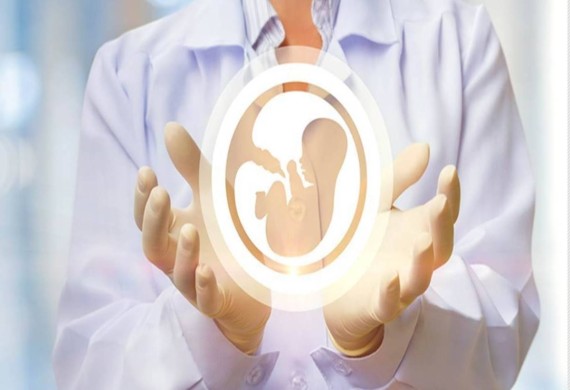
Rajya Sabha to discussion on Surrogacy Regulation Bill & Assisted Reproductive Regulation Bill
By: WE Staff | Tuesday, 7 December 2021
The Rajya Sabha to initiate discussion on the Surrogacy Regulation Bill and Assisted Reproductive Regulation Bill on Tuesday, which will be introduced by Health Minister Mansukh Mandaviya.
“To move that the The Assisted Reproductive Technology (Regulation) Bill, 2021 for the regulation and supervision of the assisted reproductive technology clinics and the assisted reproductive technology banks, prevention of misuse, safe and ethical practice of assisted reproductive technology services for addressing the issues of reproductive health where assisted reproductive technology is required for becoming a parent or for freezing gametes, embryos, embryonic tissues for further use due to infertility, disease or social or medical concerns and for regulation and supervision of research and development and for matters connected therewith or incidental thereto, as passed by the Lok Sabha, be taken into consideration.”
Mandaviya will move that the Bill to establish a National Surrogacy Board, State Surrogacy Boards, and the appointment of appropriate authorities for the regulation of the practise and process of surrogacy, as passed by the Lok Sabha and as reported by the Rajya Sabha Select Committee, be taken into consideration, as mentioned in the RS business.
The Upper House will also hear findings from the standing committees on rural development Panchayati raj, water resources, consumer affairs, and women empowerment.
On July 15, 2019, the Minister of Health and Family Welfare tabled the Surrogacy (Regulation) Bill, 2019 in the Lok Sabha. On August 5, 2019, it was passed by the Lok Sabha.
Surrogacy was described in the bill as a process in which a woman bears a child for an intending couple with the aim of handing the child over to them after birth.
Commercial surrogacy was prohibited by the bill, but altruistic surrogacy was permitted.
Surrogacy is legal when it is used for the following reasons: I intended couples with proven infertility; (ii) altruistic; (iii) not for commercial purposes; (iv) not to produce children for sale, prostitution, or other forms of exploitation; and (v) any disease or condition specified by regulations.


.jpg)



